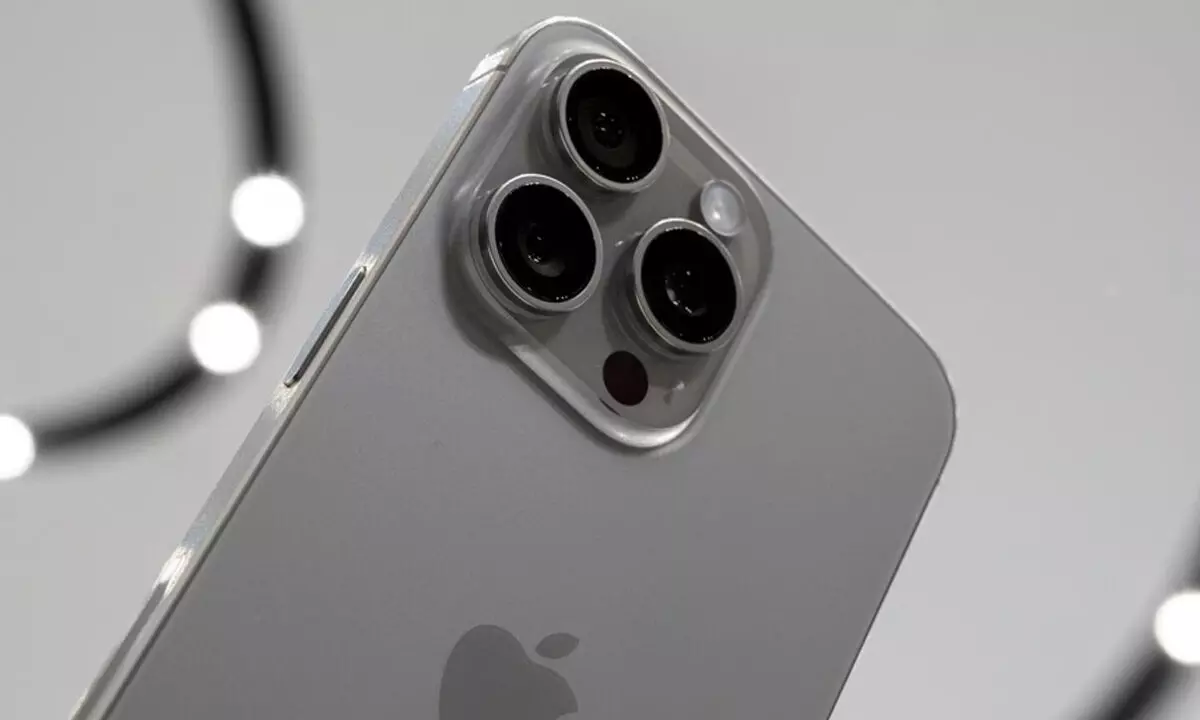Will iPhone 16 Pro and iPhone 16 Pro Max get cheaper if made in India?

Apple has been making headlines with rumours that it may start assembling the iPhone 16 Pro and iPhone 16 Pro Max in India. This follows the assembly of other models like the iPhone 15 and iPhone 15 Plus, which are already being put together in the country. The first "assembled-in-India" iPhone was the iPhone SE in 2017, produced by Foxconn. However, Apple has not officially confirmed whether the high-end iPhone 16 Pro models will be assembled in India, nor have any statements from its manufacturing partners or the government to verify these reports.
Indians often pay more for newly launched iPhones compared to other regions, prompting many to buy them from countries like the U.S., Dubai, and Vietnam, where lower taxes make them cheaper. The potential for assembling iPhone 16 Pro models in India has sparked interest in whether this could reduce their prices domestically.
Historically, whether an iPhone is assembled in India or imported from China hasn't influenced Apple's pricing strategy in the Indian market. The prices of models like the iPhone 15 and iPhone 14 series remained consistent despite being assembled locally. Indian buyers still find it more economical to purchase iPhones from abroad, taking advantage of lower prices even after accounting for import duties and shipping costs. The only notable discounts on iPhones in India typically occur during major online sales events on platforms like Amazon and Flipkart.
Given these trends, it's unlikely that the iPhone 16 Pro and iPhone 16 Pro Max will see a price reduction if they are assembled in India. Currently, Indian customers pay between ₹20,000 and ₹45,000 more for Pro variants of iPhones than U.S. prices. This price discrepancy is largely due to India's tax structure, which includes an 18% Goods and Services Tax (GST) on mobile phones. The Indian government did not announce any changes to this tax in the Union Budget 2024, meaning this additional cost will likely remain a factor.
The recent reduction in Basic Customs Duty (BCD) from 20% to 15% on components like printed circuit boards and mobile chargers, as announced by Finance Minister Nirmala Sitharaman, might seem like it would lower smartphone prices. However, the impact of this 5% reduction on the overall cost of high-end devices like the iPhone 16 Pro series is expected to be minimal. Factors such as thin profit margins, rising chipset prices, and the fluctuating value of the Rupee further complicate the potential for significant price cuts. Even market leaders like Samsung, which manufactures most of its devices in India, are not expected to lower prices significantly beyond standard promotional offers.
In conclusion, while the potential assembly of the iPhone 16 Pro and Pro Max in India marks a notable step for Apple's operations in the country, it is unlikely to lead to lower prices for consumers. Apple's pricing strategy, combined with India's tax policies, means that Indian buyers may continue to face higher costs for the latest iPhone models. The financial benefits from local assembly may not be passed on to consumers, keeping prices in line with Apple's global pricing structure.


